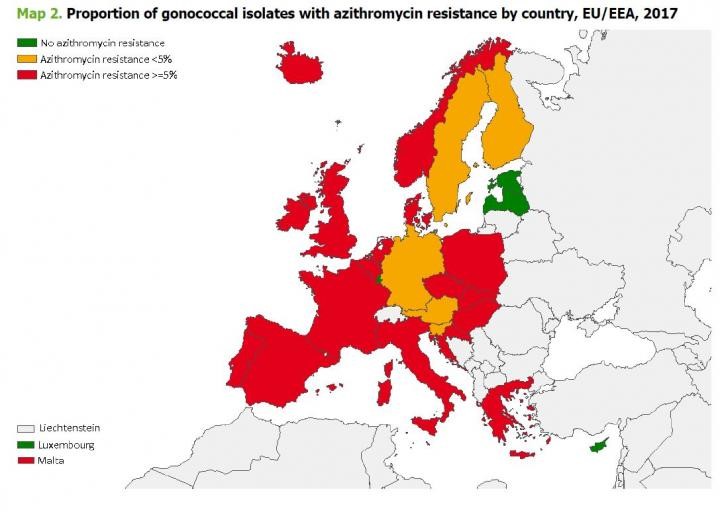This article is part of a series of research impact stories related to our REF 2014 submission.
Professor Tariq Sadiq works with companies developing rapid tests for sexually transmitted infections so patients can get the right treatment on their first visit to a clinic.
Every single day, around one million people in the world will pick up a sexually transmitted infection (STI). The most common are chlamydia and gonorrhoea, which can cause infertility, arthritis, and even blood poisoning if left untreated. Education, screening, diagnosis and effective treatment are all important in tackling the spread of STIs.
Millions of STI tests are carried out in the UK each year, but results can take days or even weeks to return - a wait that can be agonising. ‘Everyone wants to know that day’ says one patient, ‘I wanted to know that day.’
Nearly 450,000 STIs are diagnosed in England each year, including more than 200,000 cases of chlamydia and 50,000 cases of gonorrhoea
It’s not just about the worry of the wait. Untreated patients are at risk of developing severe health problems and can also pass their infection on to others.
‘We need to be able to treat people for STIs as quickly as possible’ says City St George’s consultant physician Professor Tariq Sadiq. ‘There's always a risk that once they're infected, they might pass it on to somebody else or they may not return for treatment.’
Currently, patients who attend a clinic showing symptoms can receive immediate treatment based on a ‘best guess’ diagnosis, which is then confirmed by a laboratory test. But sometimes these treatments are unnecessary or ineffective because the initial diagnosis was wrong.
 A map of gonorrhoea resistance across Western Europe.
A map of gonorrhoea resistance across Western Europe.
‘If you can get diagnostic tests to identify an infection while the patient is waiting, then you can give them the correct treatment straight away and they will be non-infectious soon afterwards,’ explains Sadiq, who has teamed up with the company binx health to develop a test for chlamydia and gonorrhoea which gives results in just 30 minutes.
This speedier test works well, but there’s still the problem of how to spot the growing number of infections that have developed resistance to the antibiotic drugs that are usually prescribed to treat them, particularly gonorrhoea.
‘We can’t treat patients blindly anymore,’ remarks Sadiq. ‘So now we are developing a new test that not only diagnoses an infection but also predicts whether it will respond to antibiotics, so we can give effective treatment immediately.’